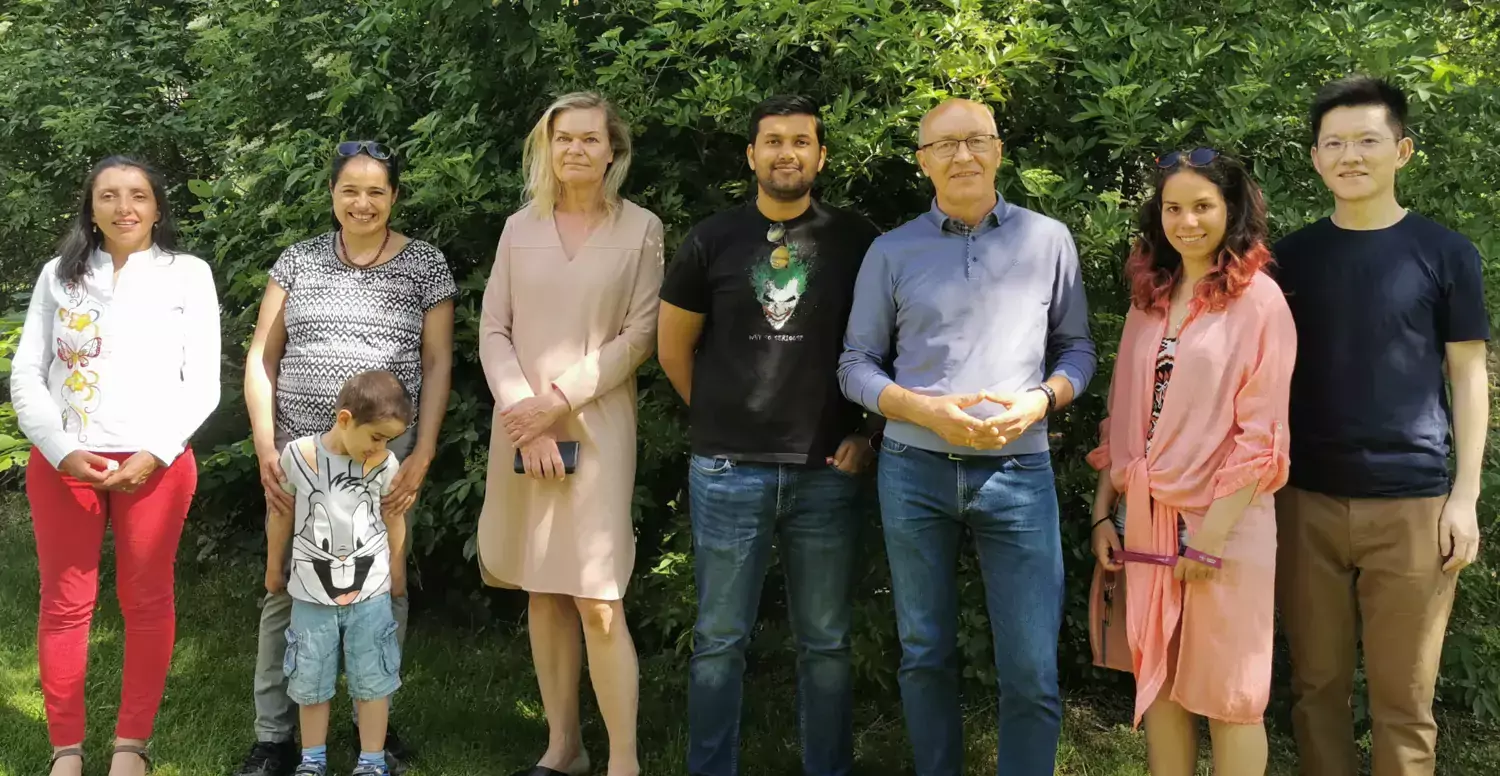Our research
Human complex diseases characterized by involvement of both environmental and genetic factors with important contribution from gene-gene and gene-environmental interactions. The pathways of many of diseases of this type are influenced through immunological mechanisms, e.g. inflammation. We like to understand how genetic variations influence development and/or protection from human common complex autoimmune and inflammatory diseases.
To determine genetic components of the disease we perform analyses of genetic markers in several loci shown to be linked or associated with this disease, e.g. by genome wide association studies, dense mapping of the locus or re-sequencing. Rheumatoid arthritis, idiopathic myositis, SLE, IgA nephropathy, asthma, MCTD and multiple sclerosis are subjects of our investigations during last years. We pay special attention to the functionally important genetic markers, which may affect the structure of the molecule or may regulate important functions. We perform functional genetic studies using DNA methylation, mRNA, and protein expression analysis.
Interference of common genetic variations with splicing mechanisms is one of our focuses in functional genetics and such mechanisms is obvious background for gene-environment interaction.
Copy number variations, haplotype analysis and population genetics are also in the area of our expertise, which gives us an ability to extend the role of established genetic factors to different ethnical groups and populations. Integration of genetics, genomics, epigenetics and proteomics is in our agenda in study of disease susceptibility and pharmacogenomics of RA, specifically in relation to MTX and anti-TNF treatment.
Our research strategy is to combine a translational approach with basic science using analysis of clinical material from available biobank and exploring new bioinformatics tools.
Photo: Leonid Padyukov. From left: Lina Diaz, Natalia Rivera, Barbro Larsson, Niyaz Yusoof, Leonid Padyukov, Anna Dzebisashvili, Zaihua Zhu.

